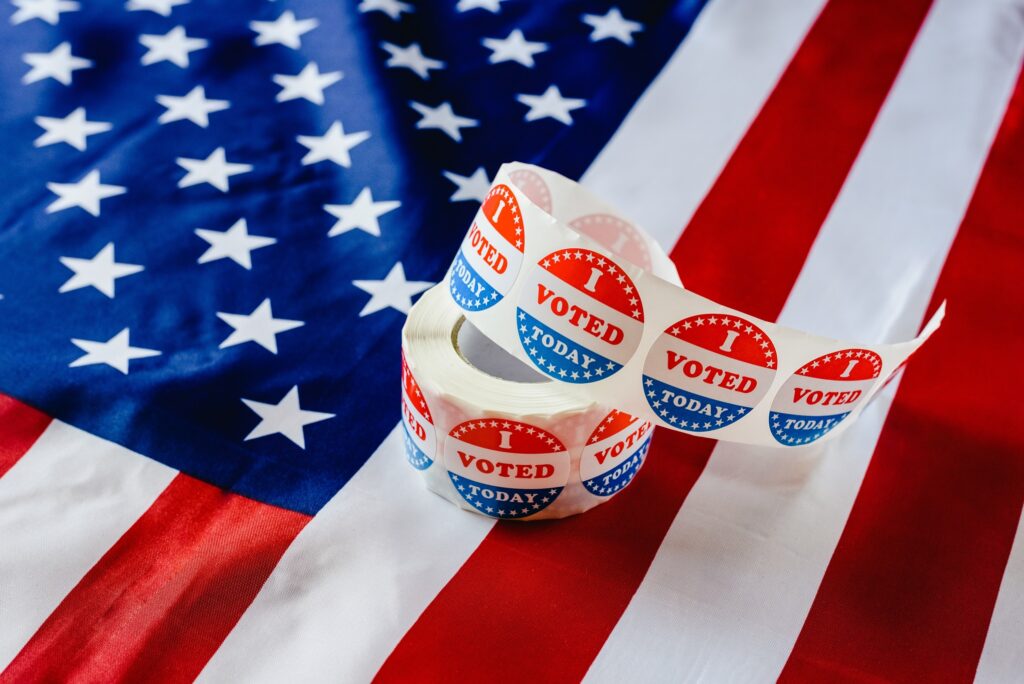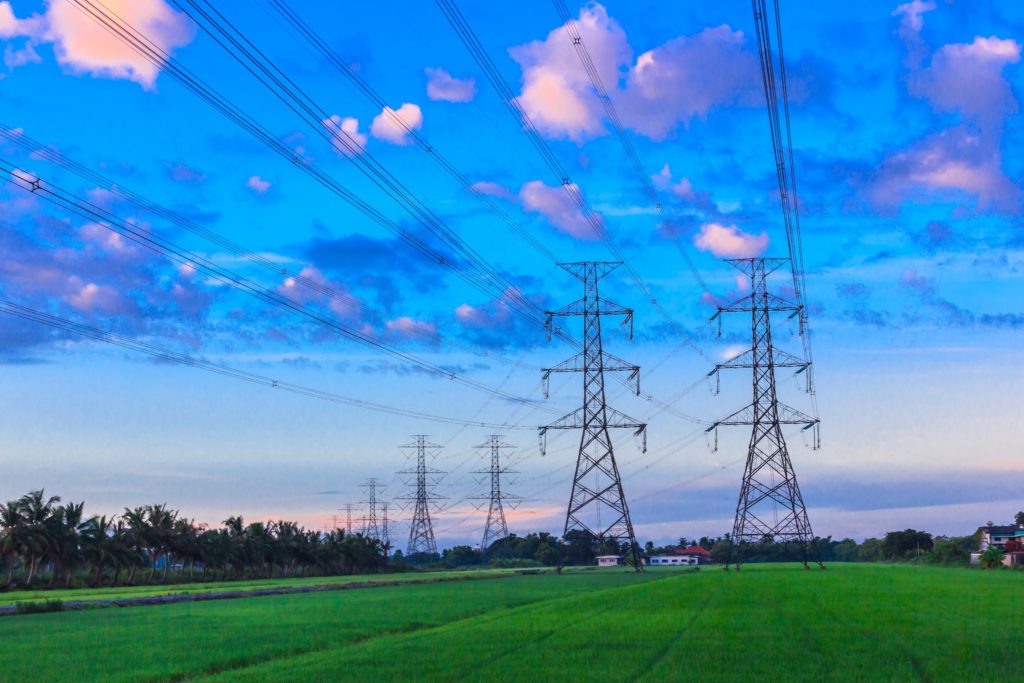Will we have free speech on Elon Musk’s Twitter? Here’s how it could be different
The Twittersphere is ablaze over Elon Musk’s takeover of the platform. Conservatives are celebrating the salvation of a platform that they view as too restrictive, hailing Musk as a supporter of free speech online.
Meanwhile, liberals are bemoaning the death of truth on the platform and the looming flood of misinformation. Reality is likely to fall somewhere in the middle of these two extremes. Partisans are viewing Musk through a purely political lens and forcing him into their paradigm — and it’s skewing their perspective.
So, what does Musk’s sharp-elbowed— or tusked— takeover of the platform actually mean? Very little, most likely. Twitter’s current iteration is not an arbitrary creation. It’s the result of years of market forces and compromises. Content moderation, in particular, is the result of negotiations between multiple actors: the users of the platform, the platform itself and the advertisers who keep the lights on. Twitter has learned to walk a fine line between over-moderating and under-moderating, either of which could drive away users or advertisers.
The Twittersphere is ablaze over Elon Musk’s takeover of the platform. Conservatives are celebrating the salvation of a platform that they view as too restrictive, hailing Musk as a supporter of free speech online.
Meanwhile, liberals are bemoaning the death of truth on the platform and the looming flood of misinformation. Reality is likely to fall somewhere in the middle of these two extremes. Partisans are viewing Musk through a purely political lens and forcing him into their paradigm — and it’s skewing their perspective.
So, what does Musk’s sharp-elbowed— or tusked— takeover of the platform actually mean? Very little, most likely. Twitter’s current iteration is not an arbitrary creation. It’s the result of years of market forces and compromises. Content moderation, in particular, is the result of negotiations between multiple actors: the users of the platform, the platform itself and the advertisers who keep the lights on. Twitter has learned to walk a fine line between over-moderating and under-moderating, either of which could drive away users or advertisers.
Speaking of advertisers — given that Musk’s purchase of the platform relies heavily on loans, it seems likely that he will experience pressure to make the platform profitable — something that’s only happened in two of the nine years that the company has been public. Unless Musk is willing to forgo profitability completely and eschew advertisers in the name of unadulterated free speech, the platform will have to continue striking that delicate balance.
Now, that doesn’t mean everyone is pleased — quite the opposite. In general, the left complains that Twitter doesn’t restrict enough speech, and the right complains that it restricts too much. To some degree, Musk seems to understand that his goal will be to leave both sides equally unhappy, as he tweeted, “For Twitter to deserve public trust, it must be politically neutral, which effectively means upsetting the far right and the far left equally.”
Pure neutrality, however, is extremely difficult to achieve. Every piece of content that is removed for violating platform rules will be cited as evidence of political bias by the content’s creator. Meanwhile, those on the other side of the aisle will say that removing the content was simply what the platform should do, no brownie points awarded.
Partisans entrenched in their sides are likely to miss this dynamic.
This is to say nothing of all the legal but awful content that platforms have to deal with. This is where Musk seems to have a contradictory view of how the law ought to inform content moderation. “I am against censorship that goes far beyond the law,” tweeted Musk.
But one must remember — spam is legal. Racist remarks, harassment, pornography, pictures of feces and doxxing are all forms of legal speech. Scams also often begin as legal speech, regularly trying to get the target to message the scammer on another app where Twitter can’t interfere. Stopping those conversations early, when the speech is legal, can prevent severe harm.
Indeed, the Federal Trade Commission reported that romance scams hit record highs in 2021. Content moderation needs to keep evolving to meet that threat. Additionally, spam can clog up platforms and make it harder for people to communicate with one another.
Musk acknowledged and said he would address this, which conflicts with his free speech standard for the platform. Similarly, anonymous speech is allotted the same rights as any other speech. But Musk plans to force users to authenticate themselves — which might destroy popular anonymous accounts from @Wu_Tang_Finance to @darth.
Many regular users also enjoy the benefits of anonymity in order to engage without worrying about their jobs or family scrutinizing them. This is particularly important for marginalized groups like the LGBTQ+ community. For many, anonymity is tantamount to safety.
Of course, we can’t discuss content moderation without addressing Section 230. So, what does the purchase mean for this landmark law? In short: Nothing. Whether it’s Jack Dorsey or Elon Musk at the helm, the necessity of this law persists. For all of the liberals complaining about misinformation, this law allows platforms to remove it without being sued.
For all of the conservatives complaining about censorship, this law allows platforms to leave up content without being sued. If Section 230 were abolished or even altered to open up liability for the content of users, Musk would be confronted with the classic moderator’s dilemma: Moderate nothing, allow any content on the platform including anti-Semitism, racism, pro-terrorism speech, etc. to avoid liability; or attempt to moderate anything and everything that sounds the least bit controversial or inflammatory in order to avoid liability. Any method in-between would enamor trial lawyers. Fixing this lose-lose situation is why Congress created Section 230.
None of this is to say that Musk cannot make improvements to the platform. It’s a step in the right direction that he wants to implement end-to-end encryption for direct messages. For years, R Street has argued for strong encryption technology because it’s vital to both our personal and national security. This is a common-sense step that will help to protect users, particularly journalists and others who use the service to share sensitive information.
Musk’s purchase of Twitter could change it in many directions, but partisans are viewing him through a limited lens. His vision for the company is not neatly partisan and is likely to disappoint those on the right who are currently excited and surprise those on the left who are outraged, all in unexpected ways. Maybe he will accomplish what he hopes to — disappointing both sides equally.






